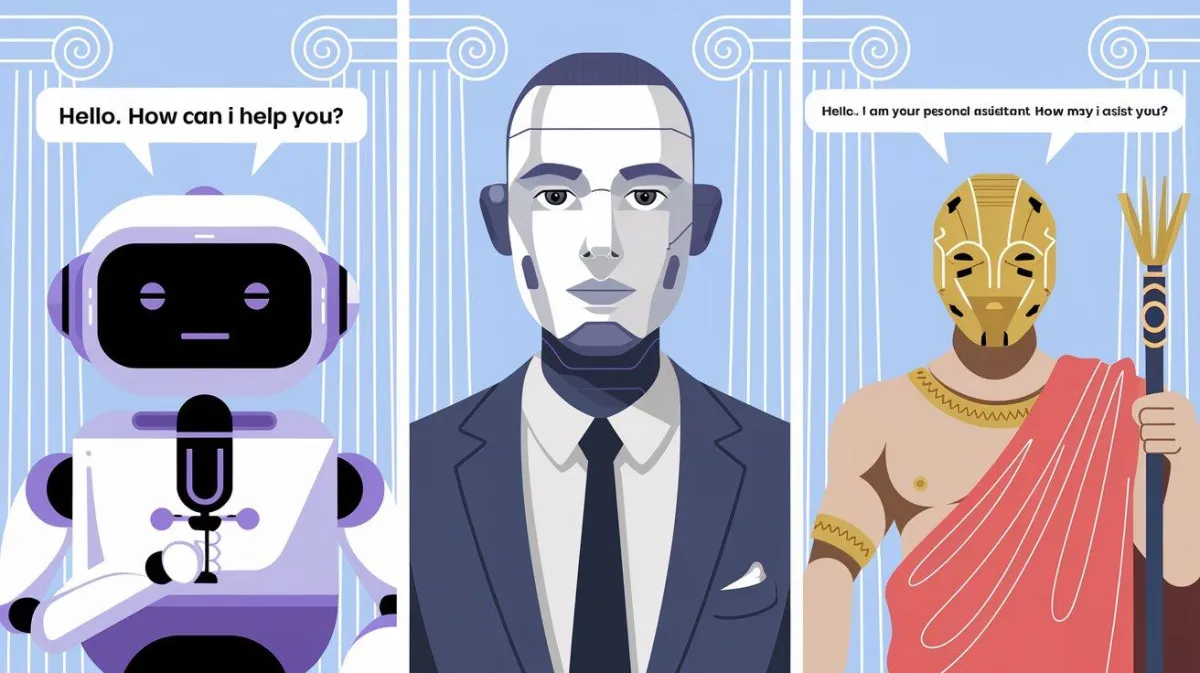
The Evolution of AI Voice Assistants: From Simple Commands to Human-Like Conversations
The Evolution of AI Voice Assistants: From Simple Commands to Human-Like Conversations
AI voice assistants have come a long way from their early days of basic command execution to today’s advanced, near-human conversational capabilities. This evolution has been driven by improvements in natural language processing (NLP), machine learning, and voice recognition technology. Let’s take a look at how AI voice assistants have progressed over the years.
Early Beginnings: Rule-Based Voice Recognition (1960s–1990s)
The foundation for AI voice assistants was laid in the 1960s with simple rule-based speech recognition systems. These early models, such as IBM’s Shoebox (1961) and Bell Labs’ speech recognition technology, could only recognize a limited set of words.
By the 1990s, Dragon NaturallySpeaking introduced the first consumer-grade speech-to-text software, enabling users to dictate rather than type. However, these systems still relied on strict commands rather than natural conversations.

The Rise of Virtual Assistants (2000s - Early 2010s)
The early 2000s saw the rise of AI-driven voice assistants, beginning with Microsoft’s Clippy and IBM’s Watson. While still basic, these systems laid the groundwork for modern voice AI.
The real breakthrough came in 2011 with Apple’s Siri, the first widely available AI-powered voice assistant. Siri introduced natural language processing, enabling users to interact with their devices using voice commands instead of rigid keyword-based inputs.
Soon after, Google launched Google Now (2012), followed by Amazon’s Alexa (2014) and Microsoft’s Cortana (2014). These assistants expanded functionality, allowing users to control smart devices, answer queries, and perform automated tasks.
Advancements in Conversational AI (2016 - 2020)
By the mid-2010s, AI voice assistants had improved significantly, thanks to advancements in deep learning and speech synthesis. Google Assistant (2016) and Amazon Alexa became smarter, capable of handling contextual queries, setting reminders, and integrating with third-party services.
A major milestone was Google Duplex (2018), which demonstrated a voice AI system capable of making phone calls and booking appointments while sounding remarkably human.
Around the same time, AI voice cloning and emotion recognition started making assistants more interactive and responsive to human speech patterns.
The Era of Human-Like Conversations (2021–Present)
With the rise of large language models (LLMs) like GPT-3 and GPT-4, voice AI assistants have become more advanced than ever. Companies like OpenAI, Google, and Amazon are integrating cutting-edge NLP into their voice assistants, enabling them to understand context, detect emotions, and respond in a more conversational manner.
Voice assistants today are no longer just tools for setting alarms or answering basic queries; they serve as customer service agents, virtual tutors, and even personal wellness coaches.
What’s Next for AI Voice Assistants?
The future of AI voice assistants is focused on:
Personalization: AI systems will better understand user preferences and behaviors.
Multimodal AI: Voice assistants will integrate with vision AI for enhanced user interactions.
Greater Emotional Intelligence: AI will recognize and respond to human emotions more effectively.
Seamless Business Integrations: More companies will adopt AI voice assistants to automate customer interactions and boost productivity.
Final Thoughts
AI voice assistants have transformed from simple rule-based programs into intelligent, human-like conversational agents. With ongoing advancements in AI, machine learning, and NLP, the next decade will bring even more exciting developments in voice technology.
STAY UPDATED
Sign up to be the first to find out when we add new languages, new bots, new capablities, and more. We respect your privacy and will never share your information with any third-party vendors.
Sign up to be the first to find
out when we add new
languages, new bots, new
capablities, and more. We
respect your privacy and will
never share your information
with any third-party vendors.




